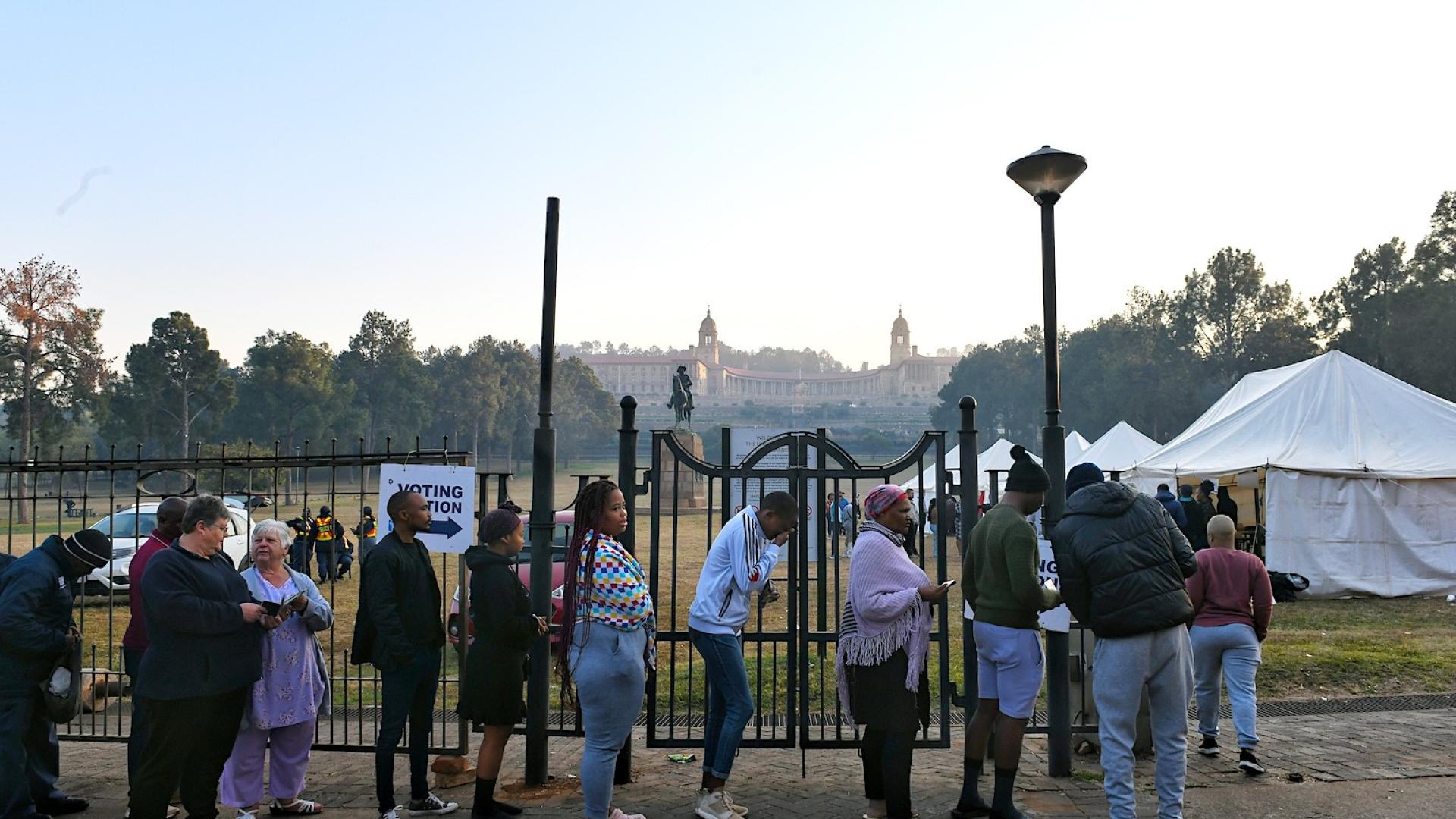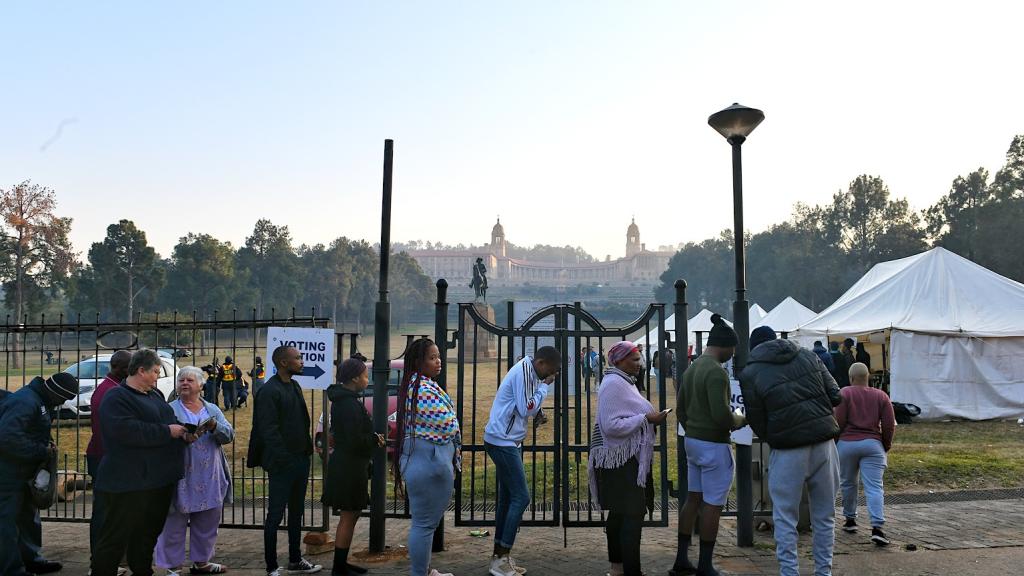Securing electoral integrity after 2024

2024 saw a record number of elections. While election days in over 70 countries were closely followed by the media and observers, considerably less attention is paid to the essential post-electoral period where electoral reforms are discussed and implemented.
Electoral reform is essential for ensuring electoral integrity and electoral integrity is vital for resilient, transparent, inclusive, and accountable democratic governance that can help solve the problems that matter to people.
Lessons are learned from every election, and action can be taken to improve them ahead of the next vote.
Following 2024, we are looking ahead to the next decade of support for electoral integrity. Here are some of the things we will be doing:
Collaborating as part of the Global Network for Securing Electoral Integrity
The Global Network for Securing Electoral Integrity (GNSEI) was launched in 2023, after the concept emerged during the first Summit for Democracy in 2021.
The shared mission of GNSEI is to ensure that elections – and the institutions, norms, principles, and processes underpinning them – reflect the will of all people.
GNSEI has two primary objectives:
- To strengthen the electoral integrity norms framework.
- To provide a standing platform for an expanded network of actors to defend and promote electoral integrity.
Outlining best practice for democratic electoral reform
Through the GNSEI, WFD’s Head of Practice (Elections), Tanja Hollstein, was a lead author of the recently published Principles for Democratic Electoral Reform Processes.
The document outlines principles for conducting electoral reform processes that align with global best practices and build trust among electoral stakeholders. The principles can be applied and adapted in any given political context and reform type.
Explore the Principles for Democratic Electoral Reform Processes
Contributing to a richer global knowledge base on electoral reform
Alongside the Electoral Integrity Project, we are organising an online conference on electoral reform to consider:
- What principles should underpin the electoral reform process?
- What are the barriers to ensuring that the electoral reform process is democratic, inclusive, transparent, and consensus oriented?
- How can public trust be maintained?
- What interventions can be adopted to help to ensure ‘good’ electoral reform?
- Case studies of electoral reforms where the electoral process was strengthened / undermined.
The online workshop will take place from Wednesday 19 March to Friday 21 March 2025.
Register to attend the conference on electoral reform
Deploying our electoral reform roadmap toolkit
WFD’s bespoke electoral reform roadmap can help to consolidate and streamline election observers’ and other recommendations, so that they can be presented to stakeholders in a digestible and workable manner. The toolkit:
- Analyses context, the positions of key players, and obstacles to reform;
- Provides an indicative timetable for action; and
- Outlines cost implications and capacity development needs.
An electoral reform roadmap can serve as a starting point for constructive discussions in line with the Principles for Democratic Electoral Reform. They are prepared for the benefit of a wide variety of actors and stakeholders including: governments, parliaments (including committees), political parties, election management bodies (EMBs), civil society advocating for reforms, donors funding democracy-support programmes, and international organisations providing advice and support.
Contact Tanja Hollstein to discuss the electoral reform roadmap toolkit
Researching the cost of politics
The cost of politics is how much it costs to run for office and the funds you need to maintain that office. WFD has been leading efforts to investigate the cost of politics across different countries and offering recommendations for reform for a number of years.
As part of the current EU-funded Women and Youth Democracy Initiative (WYDE) Civic Engagement project, we have worked with experts to produce a series of qualitative studies on the cost of parliamentary politics in various. Focusing especially on the experiences of women and youth, the studies have interrogated the impacts that these costs can, and do, have on wider democratic practice and processes.



